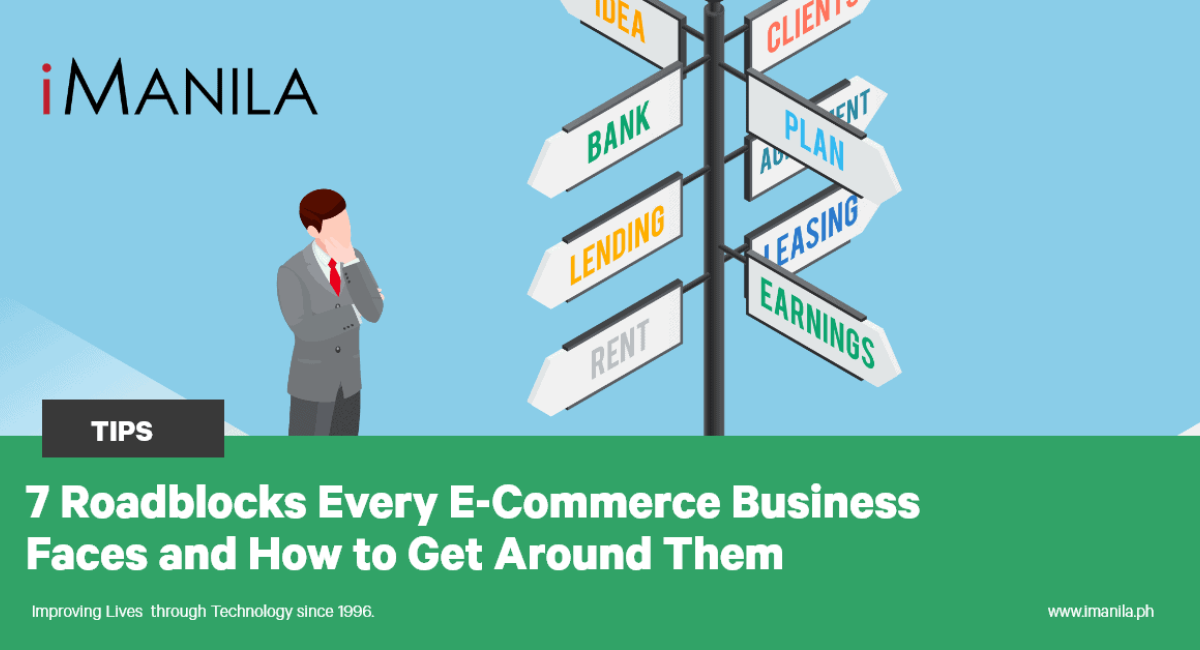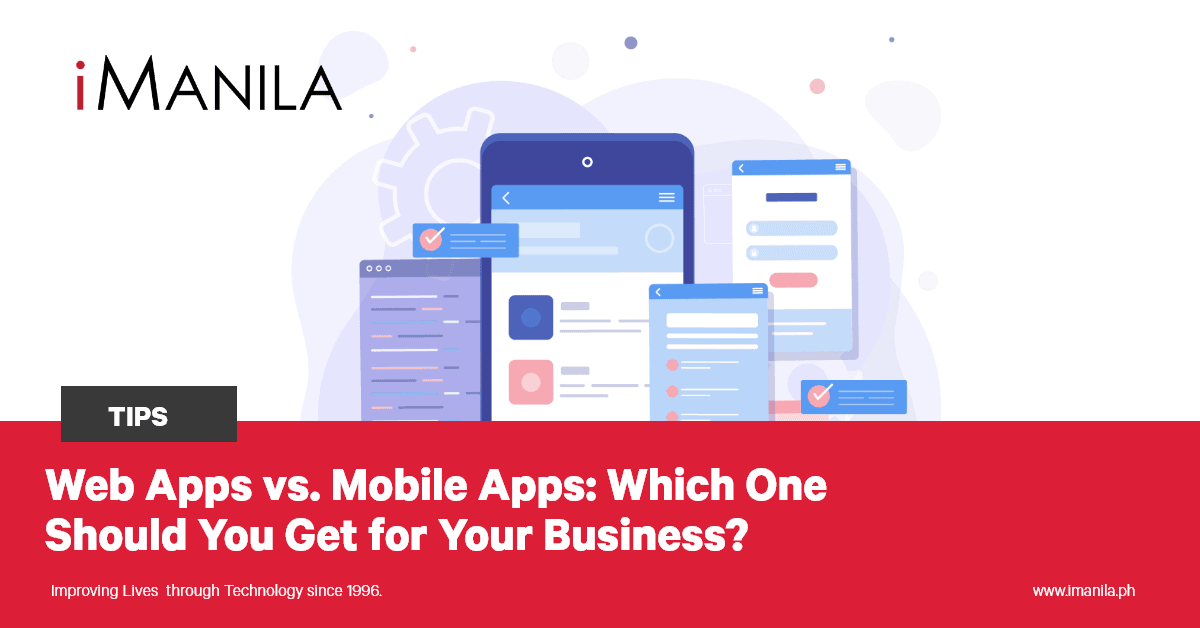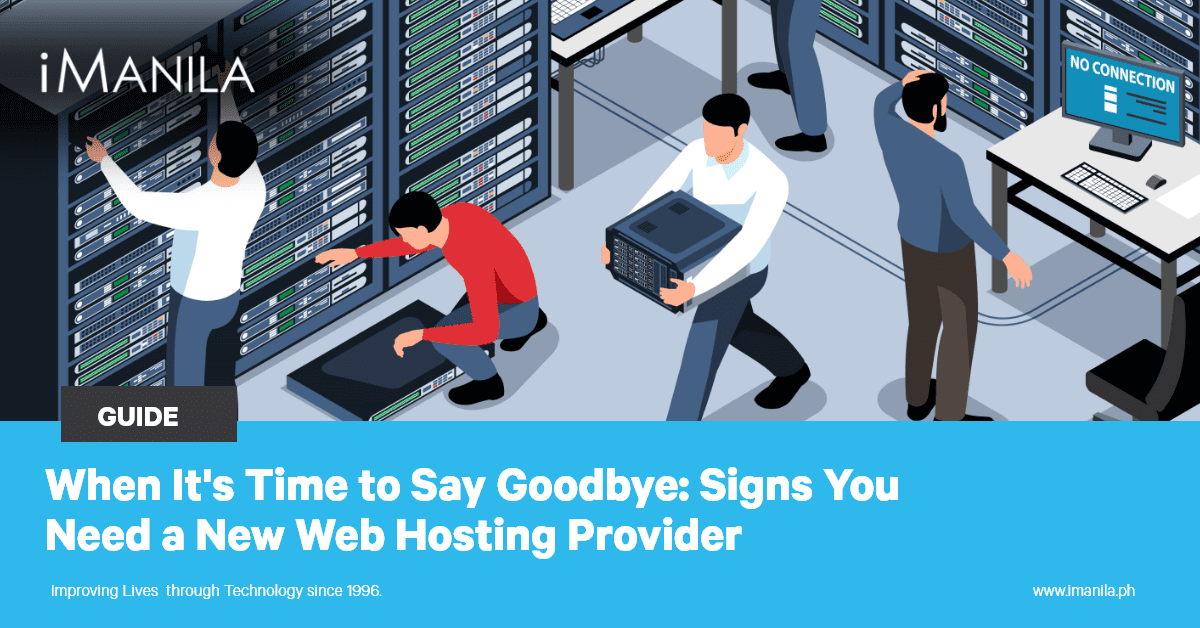E-commerce has transformed shopping by allowing users to buy and sell products from the convenience of their own homes. With this technological advancement and shifting consumer preferences, businesses are turning to online platforms to better reach their consumers. Forbes estimates that the e-commerce market will reach $8.1 trillion by 2026. This remarkable growth demonstrates the growing relevance of e-commerce to businesses worldwide.
However, with this rapid growth comes several challenges that must be overcome to succeed in a highly competitive marketplace. Businesses must adopt new trends and technologies to remain competitive. Read as we explore seven roadblocks that every e-commerce business faces. Anticipating these obstacles and taking steps to prepare for them can help ensure success down the line. Let’s start!
Targeting the Right Customer
Understanding the intended audience is beneficial for businesses and e-commerce stores in particular. However, as demographics, consumer demands, and market trends evolve, identifying the target audience has become more complex. Developing consumer personas could be helpful. These personas are fictional but should be based on actual data and depict ideal customer types. They should contain information regarding the customer’s preferences, social media usage, and primary sources of information. Businesses can incorporate these personas into their marketing strategies to create personalized and targeted campaigns that appeal to their ideal clients.
Cart Abandonment
Cart abandonment is when customers add items to their online shopping cart but fail to complete the purchase. This results in loss of sales and revenue for businesses. Various factors contribute to this phenomenon, such as a confusing checkout process, unexpected shipping or tax cost, and limited payment options to name a few. With this, businesses must prioritize optimizing their ecommerce website checkout process for a user-friendly experience. Retargeting strategies, such as personalized email discounts, can also help by encouraging customers to return to complete their purchases.
Fraud and Cyber Security Threats
As the Internet evolves, new types of e-commerce fraud, such as affiliate, interception, and triangulation, are emerging. Facing these threats can be avoided by implementing a strong online verification system like biometrics, one-time passwords, and two-factor authentication. It is also necessary that your ecommerce website’s payment system adheres to the most current industry standards.
Creating Customer Loyalty
Content marketing is an effective strategy for building consumer engagement and loyalty. By consistently publishing relevant blog content, you can encourage customers to revisit your ecommerce website, increase the possibility of purchase, and provide them access to personalized discounts and promotions. Integrating content marketing with other forms of advertising can also boost your online store’s efforts to attract and retain consumers.
Prices and Shipping
Consumers expect fast and reliable shipping, and failing to meet those expectations can lead to lost sales and negative reviews. Businesses can remain competitive by optimizing their supply chain to reduce costs. Collaborating with a third-party logistics provider to offer quicker delivery is also great. Lastly, invest time in evaluating various shipping carriers and select one that has more affordable rates or offers free shipping.
Customer Service
Meeting customer expectations is crucial for businesses, and prompt responses to inquiries and complaints are essential to excellent customer service. Businesses should invest in a dedicated customer service team capable of efficiently handling inquiries and resolving issues. Multiple communication channels like email, telephone, and live chat can also help meet consumer expectations.
Tech Partner
Many e-commerce businesses fail due to selecting the wrong tech partner. Do thorough research before choosing any platform or tool to use, including CRM systems, inventory management software, email marketing tools, and shopping cart solutions. Collaborating with a web design and development company like iManila, who possesses a deep understanding of the industry’s challenges and emerging trends, can be your guide in attaining your goals.
With 27 years of experience in the industry and an IT company at its core, iManila, having been one of the first Internet Service Providers in the Philippines, is committed to providing our clients with innovative information technology, web, and digital solutions.
iManila is a full-service business web development company in the Philippines ready to help you with WordPress website creation or building an ecommerce website for your business. From web design and development and website update and maintenance, to web hosting, email hosting, and technical, desktop and remote support, we are your team. Aside from this, we are also an applications development company specializing in customized web systems for businesses in different industries and a top digital marketing agency that provides a wide range of digital marketing services. Talk to us!


